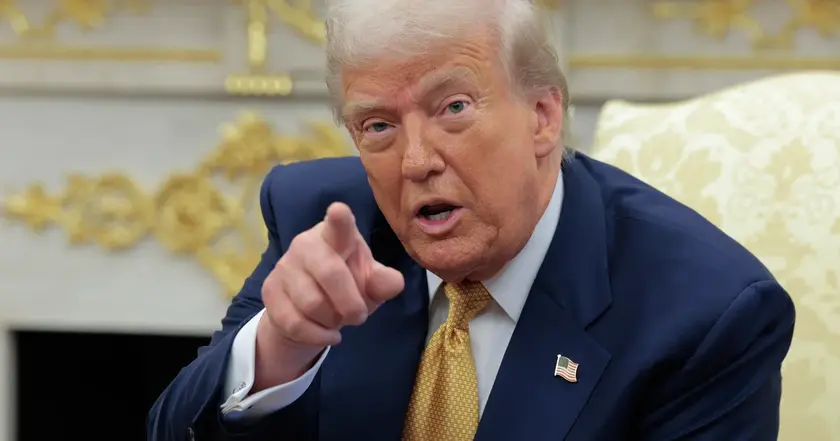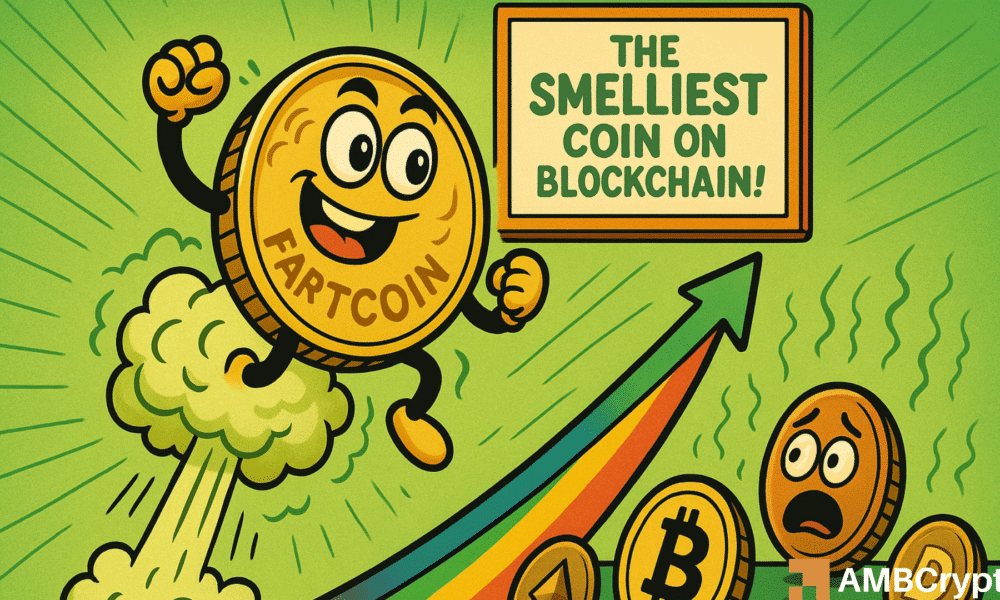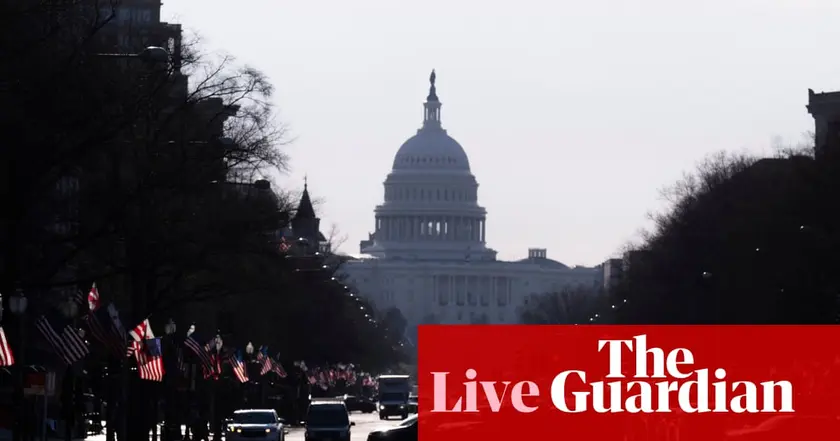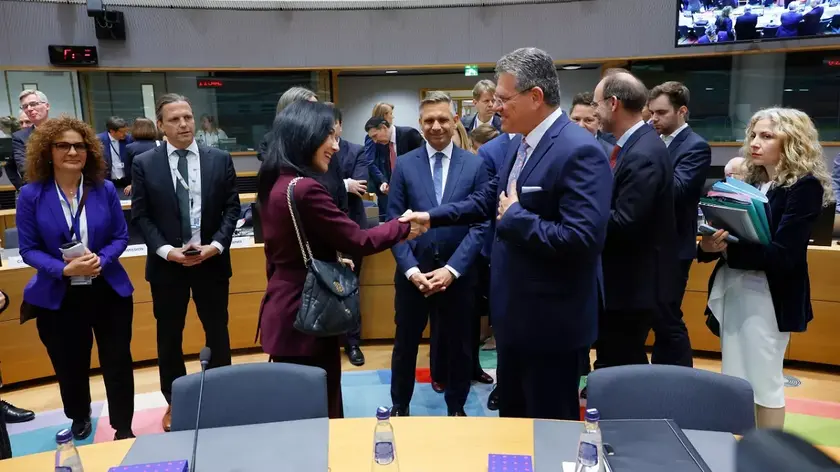T4K3.news
EU stalls trade statement over digital rules language
Disagreements on non-tariff barriers delay a joint EU-US trade statement on digital rules

Disagreements on non-tariff barriers hold up a joint statement that would formalise a digital rules oriented trade deal with the United States.
EU stalls trade statement over digital rules language
EU and US negotiators have delayed a joint statement that would formalise the trade deal signed last month. Officials in Brussels say the hold-up comes from disagreements over language on non-tariff barriers, a category the United States has argued could include the Digital Services Act. The European Commission has made clear that its digital rules are non negotiable, while a US official notes that many issues will be resolved later in the process.
Talks also cover promised tariff concessions, including a potential cut on US car tariffs, but no formal order has been issued yet. EU diplomats say setting a precise timetable for legal changes is complicated because internal approvals across 27 member states can slow the process. Brussels has conceded limited room for negotiation on tariffs but has dropped some previously lobbied carve-outs for wine and spirits. The deal caps tariffs at 15 percent for most EU imports, with exemptions for certain products but not the digital rules the bloc seeks to defend.
Key Takeaways
"We are fully focused on getting to that joint statement"
EU commission spokesperson on status of the joint statement
"Actions that adjust any tariff rate will follow the finalisation of joint statements"
US official on tariff actions
"The administration is working closely with EU officials to finalise those details as quickly as possible to expand market access for American exports"
US official on pace of talks
"The last mile is always the hardest"
EU official on the negotiation pace
The delay reveals how digital policy has become a central fault line in trade talks. Brussels treats the Digital Services Act as a guardrail for competition and privacy, while Washington weighs how much market access it can concede without compromising its tech policy. The standoff shows that governing a digital economy is as much about power and sovereignty as it is about technology.
If the talks drag on, business planning in both blocs faces renewed uncertainty. Industry groups will watch for any signal of concrete commitments, while member states in the EU may face pressure to speed up decisions at home. The United States, meanwhile, may use the lull to press for broader access or faster tariff relief, shaping a broader narrative about the pace of the transatlantic trade reset.
Highlights
- The last mile is the hardest
- Digital rules stay a red line for Brussels
- Tariffs will follow the finalisation of joint statements
- Details were to be worked out at a later time
Political sensitivity in EU-US digital trade talks
The stalled joint statement exposes high political sensitivity around digital regulation and tariff concessions. If delays persist, there could be continued political backlash within member states and from industry groups that seek quicker market access or stronger safeguards for digital rules.
The path to a stable EU US framework will depend on both sides choosing speed without sacrificing core rules.
Enjoyed this? Let your friends know!
Related News

Apple appeals €500m fine imposed by EU

Trump introduces tariffs impacting 60 nations

Fartcoin gains attention in crypto community

Manufacturing revival linked to new US tariffs announced

Exxon CEO stresses need for trade action against EU rules

Democrats accuse Trump of harming job growth

EU prepares for potential tariffs in trade dispute with US

MEI Pharma invests $100 million in Litecoin treasury strategy
